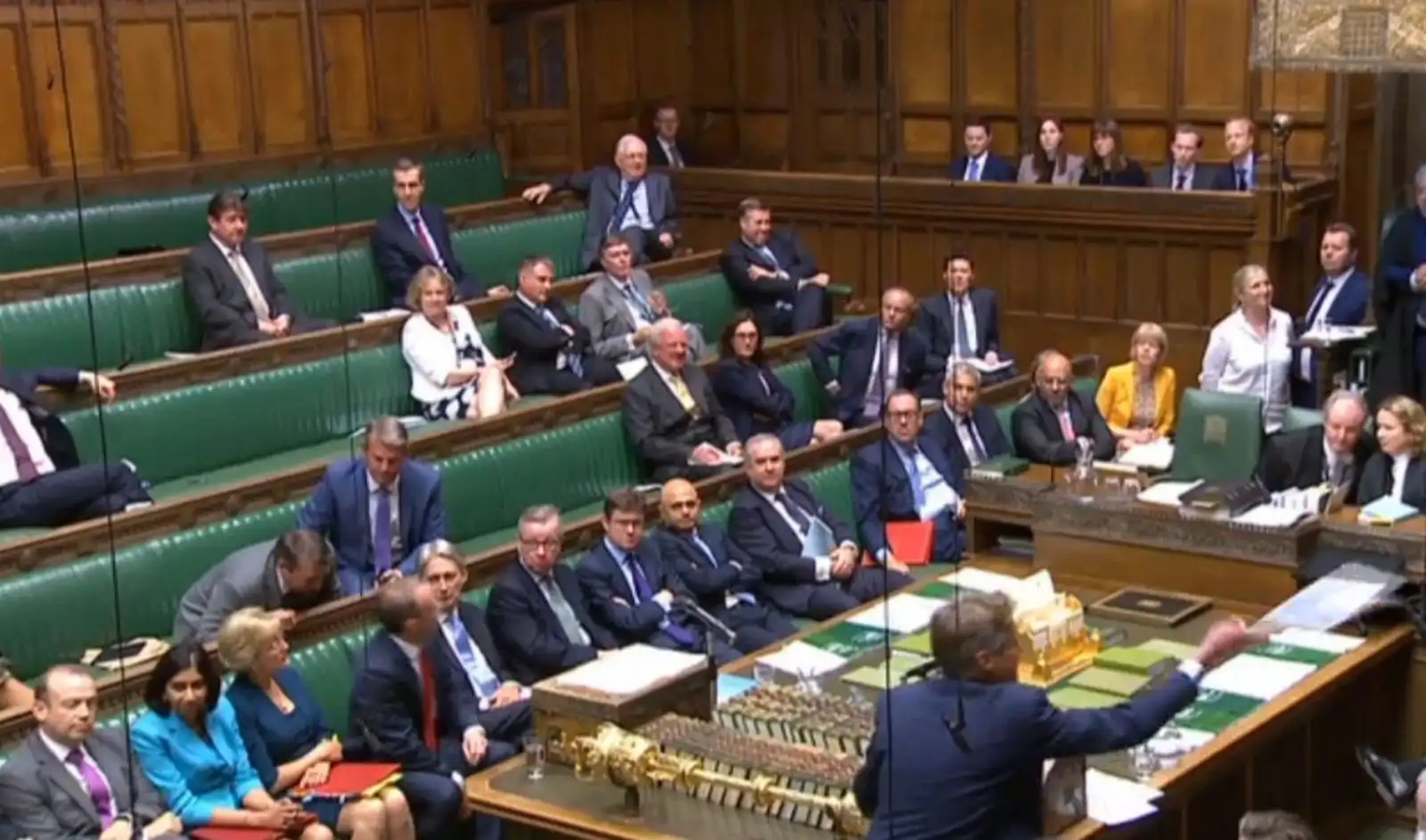Party whips play a crucial role in parliamentary politics, ensuring that party members adhere to party lines, manage legislative processes, and maintain party discipline. This article explores the functions, responsibilities, and influence of party whips in parliamentary systems, highlighting their significance in shaping legislative outcomes and party cohesion.
Understanding the Party Whip’s Role
1. Ensuring Party Discipline
Maintaining Voting Unity:
Party whips are responsible for ensuring that party members vote according to the party’s stance on legislation. They communicate party positions, provide instructions, and monitor members’ voting behavior to maintain cohesion.
Addressing Non-Compliance:
When party members deviate from party lines, whips address these issues through persuasion, negotiation, or disciplinary actions. Ensuring adherence to party policies is vital for maintaining the party’s effectiveness and unity.
2. Managing Legislative Process
Coordinating Legislative Strategy:
Whips coordinate the party’s legislative strategy, including scheduling debates, managing parliamentary business, and organizing votes. They work closely with party leaders and members to develop and execute strategies for advancing the party’s agenda.
Facilitating Communication:
Party whips serve as a bridge between the party leadership and parliamentary members. They facilitate communication, convey instructions, and gather feedback from members to ensure alignment with party objectives.

Key Responsibilities of Party Whips
1. Organizing Votes
Counting Votes:
One of the primary responsibilities of party whips is to count and verify the votes of party members. Accurate vote counting ensures that the party’s position is well-represented and that legislative outcomes align with party goals.
Securing Support:
Whips work to secure the support of party members for key votes. They engage in persuasion, address concerns, and provide incentives to ensure that members vote in favor of the party’s position.
2. Managing Party Communication
Disseminating Information:
Whips disseminate information about upcoming votes, legislative proposals, and party positions to members. Timely and clear communication helps members prepare for debates and make informed decisions.
Collecting Feedback:
Whips gather feedback from members about proposed legislation and party strategies. This feedback informs party leadership and helps refine policy positions and legislative tactics.
Influence and Challenges Faced by Party Whips
1. Influence on Legislative Outcomes
Shaping Policy Decisions:
Party whips influence policy decisions by ensuring party unity and guiding legislative priorities. Their ability to mobilize party members affects the success of proposed legislation and the implementation of party policies.
Impact on Party Leadership:
The effectiveness of party whips can impact the party leadership’s authority. Strong whips can enhance the leader’s ability to achieve legislative goals, while ineffective whips may undermine leadership and party cohesion.
2. Challenges and Criticisms
Balancing Party Discipline and Individual Autonomy:
Party whips face the challenge of balancing party discipline with respect for individual members’ autonomy. Striking this balance is crucial for maintaining both party unity and member satisfaction.
Managing Internal Conflicts:
Whips must navigate internal conflicts and differing opinions within the party. Addressing these issues requires diplomatic skills and the ability to negotiate solutions that align with party objectives.
The Role of Whips in Different Parliamentary Systems
1. Westminster System
United Kingdom:
In the UK Parliament, party whips play a significant role in ensuring party discipline and managing legislative processes. The Chief Whip, along with deputy and assistant whips, coordinates party strategy and maintains cohesion.
Australia:
Australian parliamentary whips perform similar functions, ensuring that party members adhere to party lines and manage legislative activities. The role is integral to maintaining party unity and advancing legislative agendas.
2. Proportional Representation Systems
Netherlands:
In countries with proportional representation systems, such as the Netherlands, whips play a role in managing coalition dynamics and ensuring that diverse party members work together effectively. Their responsibilities include coordinating between coalition partners and managing complex legislative negotiations.
Germany:
German parliamentary whips also focus on maintaining discipline within coalition governments and managing diverse party factions. Their role involves balancing interests and ensuring effective governance within multi-party coalitions.
Conclusion
Party whips are essential to the functioning of parliamentary politics, playing a critical role in maintaining party discipline, managing legislative processes, and shaping policy decisions. Their responsibilities encompass organizing votes, facilitating communication, and navigating internal challenges. Understanding the role of party whips provides insight into the complexities of parliamentary systems and the mechanisms that ensure effective governance.
Meta Description:
n maintaining party discipline and managing legislative processes.

